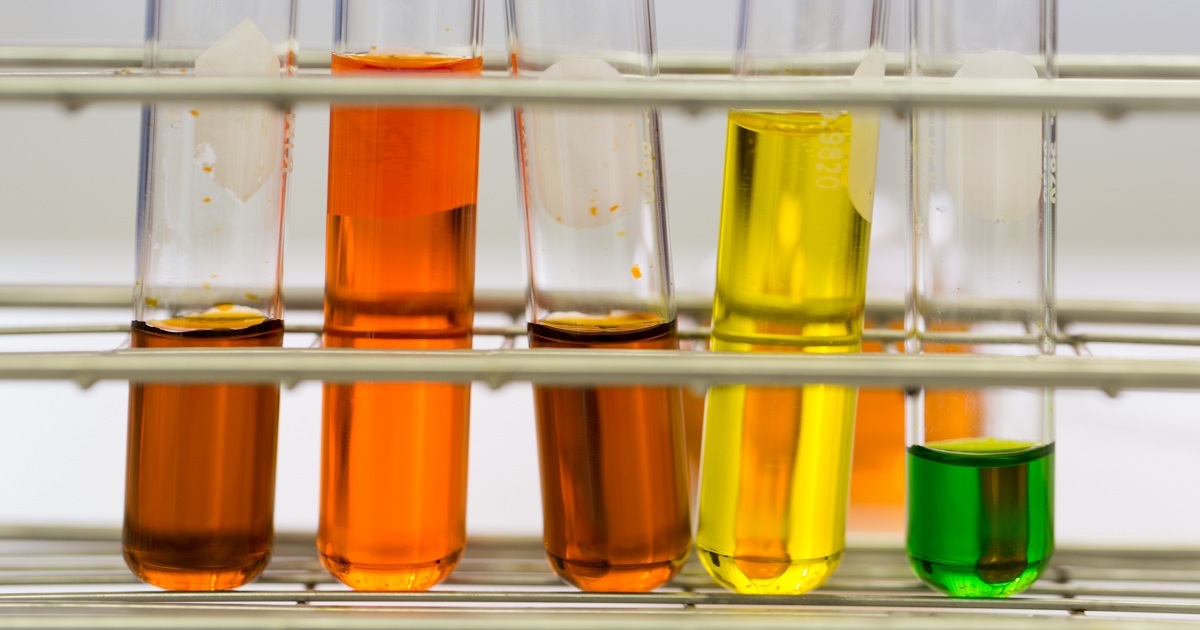Researchers identify chemical compounds that increase stability of haploid cell

Since the emergence of molecular genetics more than fifty years ago, scientists have tried to isolate haploid mammalian cells, that is, cells with half the number of chromosomes contained in somatic cells. Haploid cells are a powerful genetic tool to analyze gene function. In the past decade, a number of researchers finally succeeded in developing haploid cell line cultures. However, these cell lines are unstable and have a tendency for diploidization. Now, researchers at the Spanish National Cancer Research Centre (CNIO) have identified chemical compounds that increase the stability of mammalian haploid cell lines. The study is published in the latest issue of Cell Reports. With the exception of sperm and egg cells, human cells have two sets of chromosomes, one inherited from each parent. Organisms with only one set of chromosomes, however, can be extremely useful for scientific research.